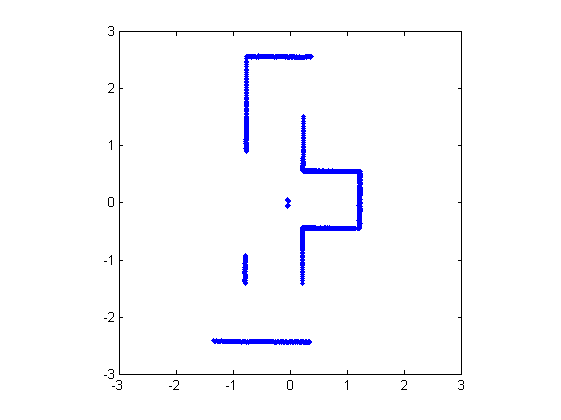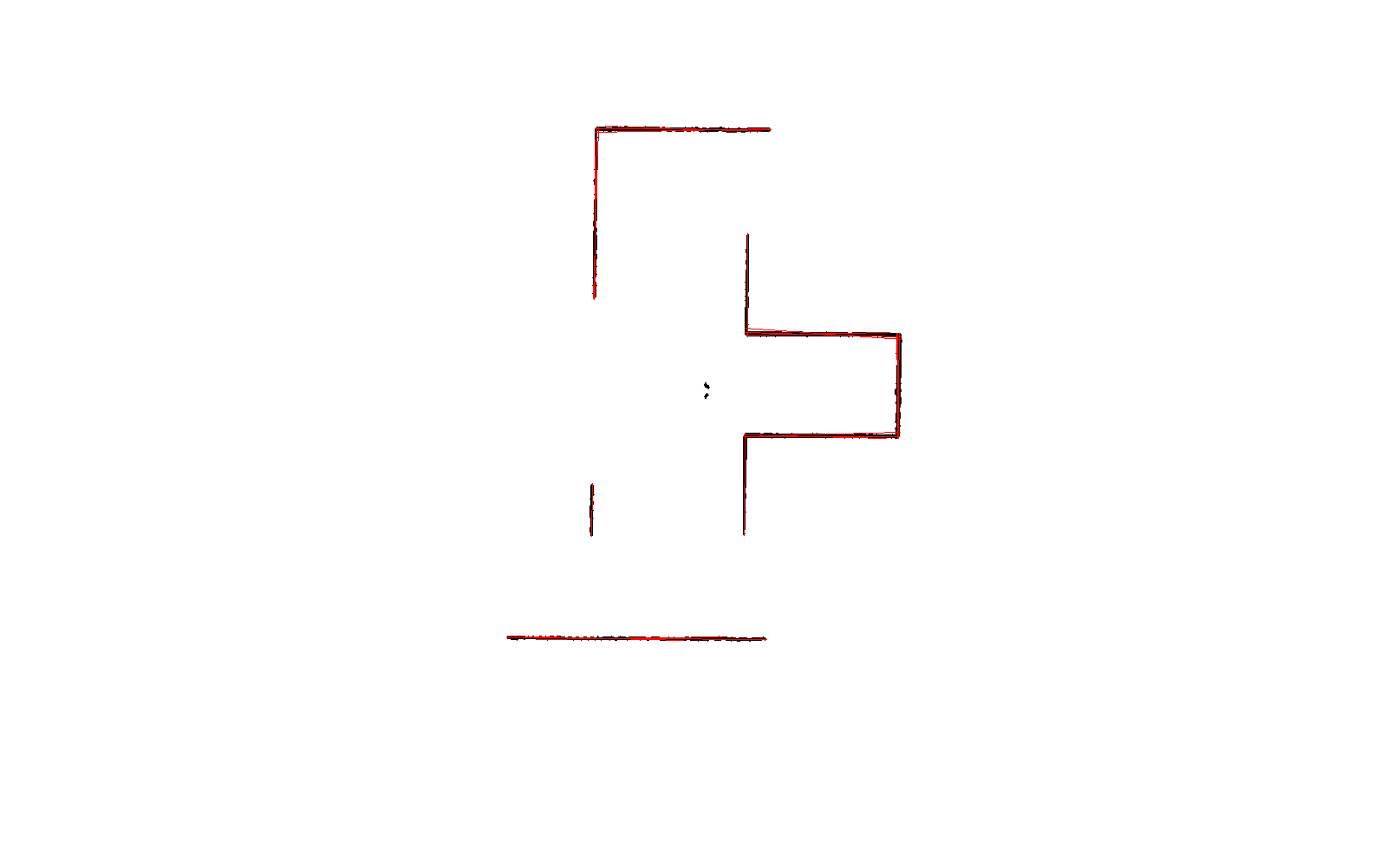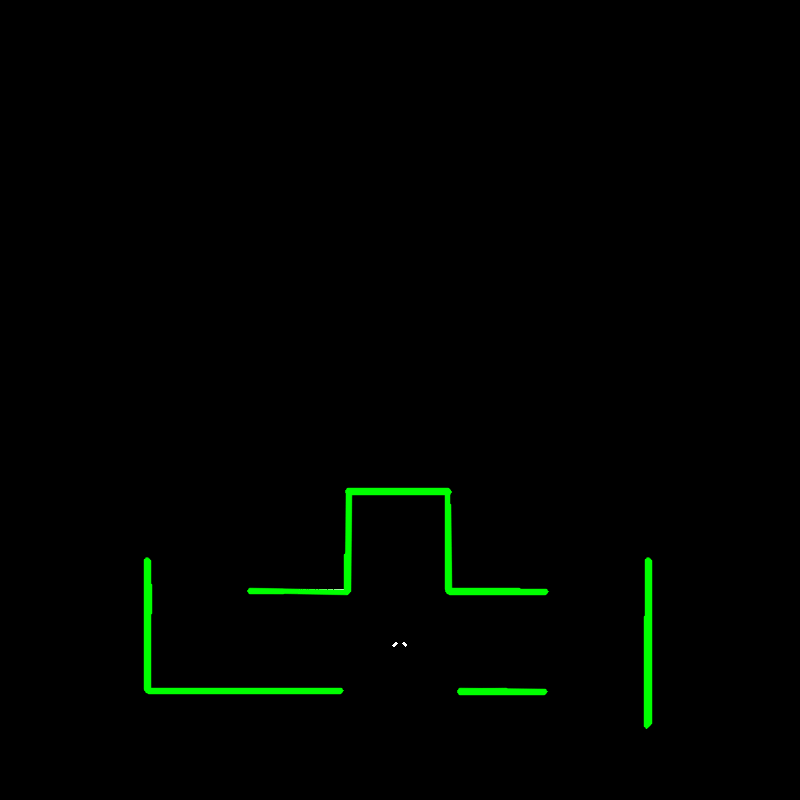Embedded Motion Control 2013 Group 5: Difference between revisions
Jump to navigation
Jump to search
No edit summary |
No edit summary |
||
| Line 84: | Line 84: | ||
[[File:maze_lines.png|right|thumb|400px|Figure 2: Line detection]] | [[File:maze_lines.png|right|thumb|400px|Figure 2: Line detection]] | ||
[[File:LinedetectionOpencv.png|right|thumb|400px|Figure 3: Line detection OpenCV]] | [[File:LinedetectionOpencv.png|right|thumb|400px|Figure 3: Line detection OpenCV]] | ||
[[File: | [[File:rosgraph_corridor_strucure.png|right|thumb|400px|Figure 4: Structure ROS Corridor]] | ||
=== Week 1 === | === Week 1 === | ||
Revision as of 16:23, 1 October 2013
Group members
| Name: | Student ID: |
| Arjen Hamers | 0792836 |
| Erwin Hoogers | 0714950 |
| Ties Janssen | 0607344 |
| Tim Verdonschot | 0715838 |
| Rob Zwitserlood | 0654389 |
Tutor:
Sjoerd van den Dries
Planning
| DATE | TIME | PLACE | WHAT |
| September, 16th | 15:30 | GEM-N 1.15 | Meeting |
| September, 23th | 10:00 | [unknown] | Test on Pico |
| September, 25th | 10:45 | GEM-Z 3A08 | Corridor competition |
| October, 23th | 10:45 | GEM-Z 3A08 | Final competition |
To do list
| DATE | WHO | WHAT |
| asap | Tim, Erwin | Exit detection |
| asap | Rob, Ties, Arjen | Move through the corridor |
Logbook




Week 1
- Installed the following software:
- Ubuntu
- ROS
- SVN
- Eclipse
- Gazebo
Week 2
- Did tutorials for ROS and the Jazz simulator.
- Get familiar to 'safe_drive.cpp' and use this as base for our program.
Week 3
- Played with the Pico in the Jazz simulator by adding code to safe_drive.cpp.
- Translated the laser data to a 2d plot (see Figure 1).
- Used the Hough transform to detect lines in the laser data. For the best result, the following steps are used:
- Made an image of the laser data points.
- Converted the RGB-image to grayscale.
- Used a binary morphological operator to connect data points which are close to each other. This makes it easier to detect lines.
- Detected lines using the Hough transform.
- To implement this algorithm in C++ code OpenCV will be used.
- The algorithm is implemented in the safe_drive.cpp.
- The line detection method mentioned above works fine and is tested in the simulation (see figure 3,the green lines are the detected lines).
Some interesting reading
- A. Alempijevic. High-speed feature extraction in sensor coordinates for laser rangefinders. In Proceedings of the 2004 Australasian Conference on Robotics and Automation, 2004.
- J. Diaz, A. Stoytchev, and R. Arkin. Exploring unknown structured environments. In Proc. of the Fourteenth International Florida Artificial Intelligence Research Society Conference (FLAIRS-2001), Florida, 2001.
- B. Giesler, R. Graf, R. Dillmann and C. F. R. Weiman (1998). Fast mapping using the log-Hough transformation. Intelligent Robots and Systems, 1998.
- Laser Based Corridor Detection for Reactive Navigation, Johan Larsson, Mathias Broxvall, Alessandro Saffiotti http://aass.oru.se/~mbl/publications/ir08.pdf